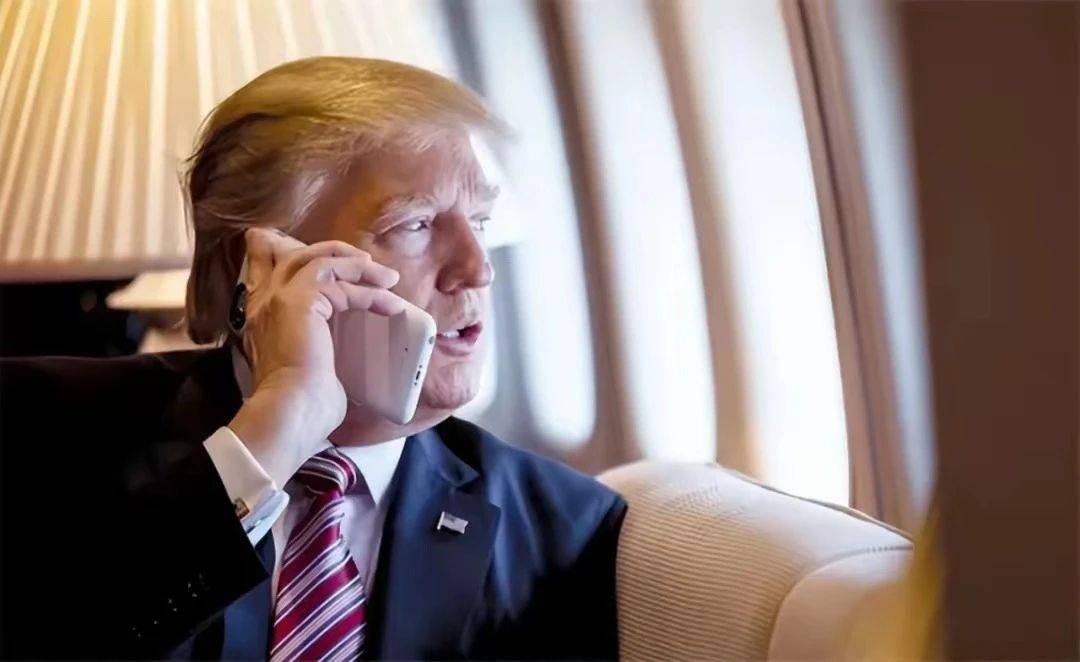
On May 4th, local time, Donald Trump announced on his social platform "Truth Social" that he would impose a 100% tariff on imported films, citing the reasons of "bringing film production back to the United States" and "preventing foreign countries from spreading their ideologies through films." This news was like a boulder thrown into a calm lake, instantly stirring up waves in the global film industry. On the surface, it seems to be a move to save the U.S. film industry and safeguard the country's ideology. However, upon in-depth analysis, there are complex and short-sighted strategic considerations hidden behind it.
From an economic perspective, the U.S. film industry has long dominated the global market and is an important cultural export industry of the United States. In 2023, the export value of U.S. films reached 22.6 billion U.S. dollars, with a trade surplus of 15.3 billion U.S. dollars. It achieved a trade surplus in major global markets, and the export value was 3.1 times the import value. Against the backdrop of such a trade surplus, Trump's proposal to impose heavy taxes on imported films seems to be aimed at protecting the domestic film industry, but in fact, it is a measure that goes against the laws of the market. In recent years, there has been a significant phenomenon of the outflow of U.S. film production. The reason is not that other countries deliberately snatched it away, but rather the excessively high production costs within the United States. Many Hollywood blockbusters have gone to countries such as the United Kingdom, Australia, and New Zealand for filming and production to cut costs. For example, "Mission: Impossible – Dead Reckoning Part Two" had shooting locations in multiple places around the world, and "Avatar 3: The Seed Bearer" was filmed in New Zealand. If a 100% tariff is imposed on imported films, the production costs of domestic U.S. films will soar sharply because they cannot make use of overseas resources. This will lead to an increase in movie ticket prices and a decrease in the number of moviegoers, ultimately hitting the global competitiveness of the U.S. film industry.
From the perspective of cultural dissemination, film, as a powerful cultural carrier, bears the values and cultural connotations of different countries and regions. The United States has always exported its culture and values globally through Hollywood films. Now, imposing high tariffs on imported films on the grounds of "preventing foreign countries from spreading their ideologies through films" is undoubtedly a manifestation of cultural hegemony and double standards. In the context of globalization, the diverse exchange and collision of cultures are the norm. Films from various countries compete and learn from each other in the international market, enriching the global cultural landscape. On the one hand, the United States spreads its own culture in the international arena by virtue of the advantages of its film industry. On the other hand, it fears the reverse output of other countries' cultures and tries to maintain the "purity" of its own culture through tariff barriers. This practice not only hinders the normal exchange of cultures but also damages the image of the United States as open and inclusive in the cultural field.
Looking at the international impact, this measure of the United States is likely to trigger a series of chain reactions. Once implemented, other countries are highly likely to take countermeasures and impose equally high tariffs on U.S. films or set up other trade barriers. Major export destinations of U.S. films, such as the European Union, Canada, and Japan, are likely to introduce policies that prioritize domestic films, restricting the quota of U.S. films or adding taxes during the screening process. This will severely weaken the box office performance of Hollywood films globally and greatly reduce the international market share of the U.S. film industry. In addition, the United States' trade protectionist behavior in the film field will also set a bad example in the global service trade field, disrupting the already fragile global trade order and triggering more trade disputes.
The decision of the U.S. government is more driven by political interests rather than truly considering the long-term development of the U.S. film industry. Domestically, by adopting such seemingly tough policies, it caters to the protectionist sentiment of some voters and gains political support. Internationally, it attempts to continue to consolidate its dominant position in the cultural industry. However, in the long run, this short-sighted behavior will only make the U.S. film industry lose the advantages of global collaboration and fall into a dilemma of isolated development, ultimately accelerating the decline of its dominant position in the global film market. If the United States truly wants to revitalize its film industry, it should start from aspects such as reducing production costs and providing industry incentives, rather than wielding the tariff stick and disrupting the harmonious development ecology of the global film industry.

On January 4th local time, Trump warned India that if it does not limit its purchase of Russian oil, the United States will continue to raise tariffs on Indian products. Trump's latest warning sent shockwaves through the Indian financial market in just one day.
On January 4th local time, Trump warned India that if it do…
In October 2025, the US trade deficit narrowed unexpectedly…
According to the British media CoinJournal, recently, due t…
In January 2026, US President Trump once again set his sigh…
Europe is facing a crucial strategic choice: In the face of…
On New Year's Day 2026, BMW China announced a "systematic v…